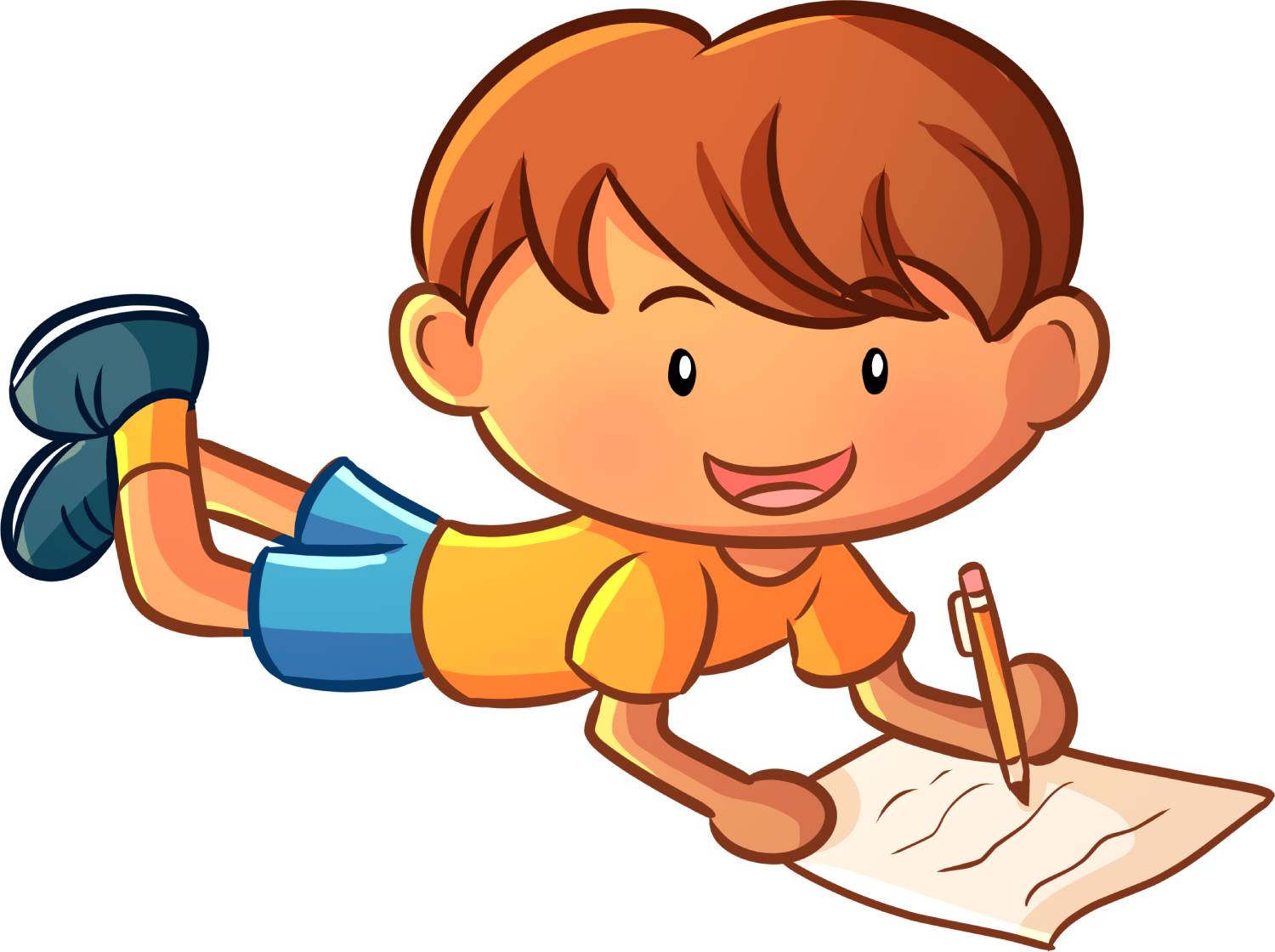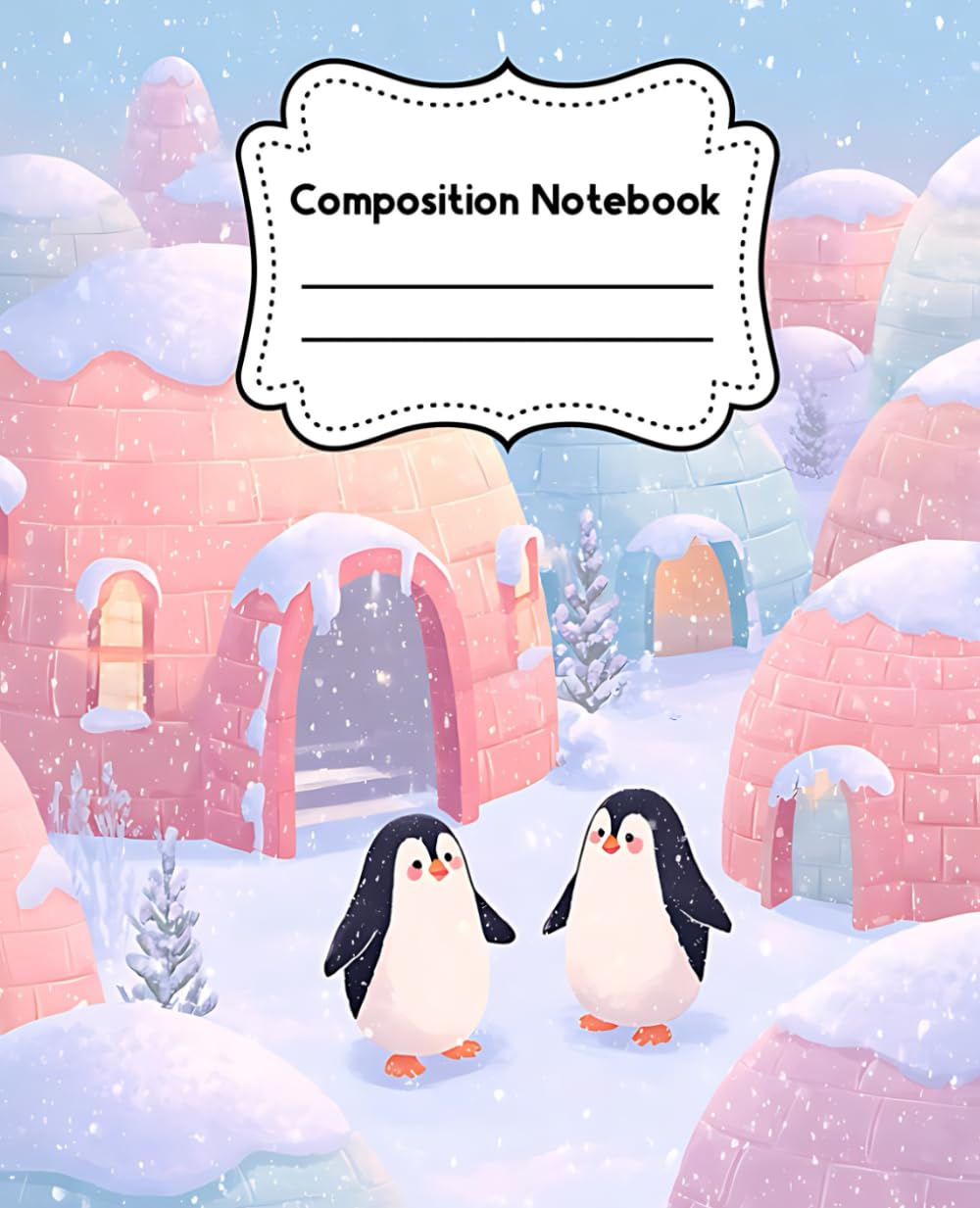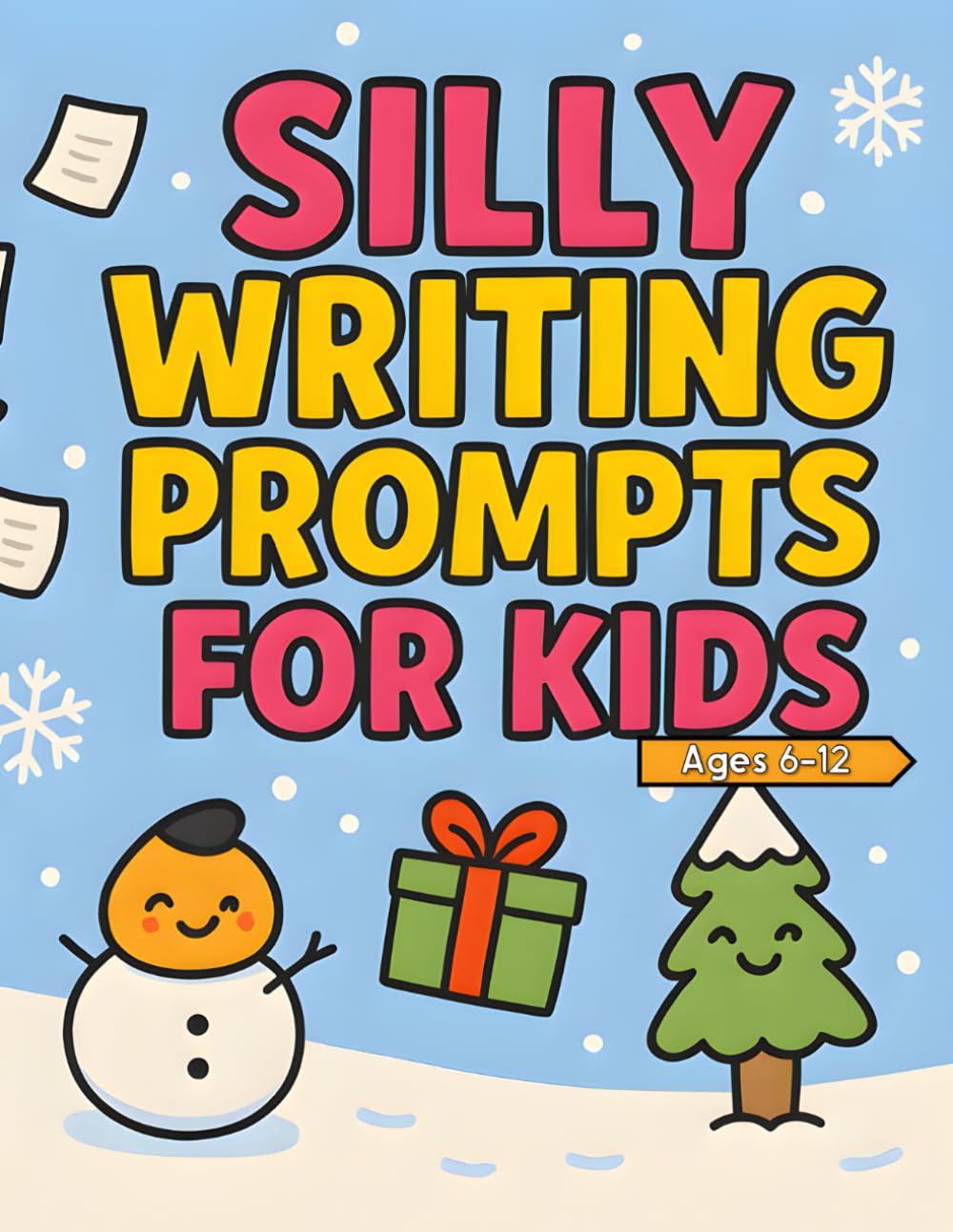- Home
- Educational Benefits of Word Searches
Educational Benefits of Word Searches

The educational benefits of word searches are manifold, extending beyond mere entertainment to bolster a variety of cognitive and academic skills in learners of all ages. Often perceived as simple puzzles, word searches offer a surprisingly rich array of educational advantages that can enhance vocabulary, spelling, concentration, and problem-solving abilities. By integrating word searches into educational curricula, educators can create an engaging and effective learning experience that supports the development of essential literacy skills.
Want more? Checkout my printables shop!
What are the Educational Benefits of Word Searches?
First and foremost, word searches are excellent tools for vocabulary development. As students scan the grid for words, they are repeatedly exposed to the target vocabulary, reinforcing their understanding and retention. This repetitive exposure is particularly beneficial for young learners and language learners who need to build a robust vocabulary foundation. By encountering the same words multiple times, students are more likely to remember them and understand their meanings, thus expanding their lexical repertoire.

In addition to vocabulary enhancement, word searches significantly improve spelling skills. The act of searching for and identifying words requires students to focus on the correct spelling of each term. This process helps reinforce the correct letter sequences and spelling patterns, making it easier for students to recall and apply them in their writing. For students who struggle with spelling, word searches provide a low-pressure, enjoyable way to practice and improve their skills without the anxiety often associated with traditional spelling tests.
Concentration and attention to detail are other crucial educational benefits of word searches. To successfully complete a word search, students must carefully scan the grid, often letter by letter, to locate the hidden words. This activity requires sustained focus and attention, which can enhance a student’s ability to concentrate on other academic tasks. The meticulous nature of word searches trains students to be more observant and detail-oriented, skills that are valuable across all areas of study and in everyday life.
Furthermore, word searches encourage the development of problem-solving skills. As students search for words that can be placed horizontally, vertically, diagonally, and even backwards, they must employ strategic thinking to efficiently locate all the hidden terms. This aspect of word searches fosters critical thinking and spatial reasoning, as students must visualize the possible placements of words and determine the most effective search strategies. These problem-solving skills are transferable to other academic subjects, particularly mathematics and science, where logical reasoning and strategic thinking are paramount.
Word searches also offer a fun and interactive way to reinforce subject-specific knowledge. Educators can find particular word searches that align with the curriculum, incorporating key terms and concepts from subjects such as history, science, and literature. By engaging with these subject-specific word searches, students can review and reinforce their understanding of the material in an enjoyable format. This approach not only makes learning more enjoyable but also aids in long-term retention of information, as students are more likely to remember concepts they have engaged with in a fun and interactive manner.
Moreover, the educational benefits of word searches extend to social and emotional learning. Working on word searches in pairs or groups encourages collaboration and communication among students. They learn to share strategies, discuss findings, and support each other, fostering a sense of teamwork and cooperation. These social interactions are vital for developing interpersonal skills and can create a more inclusive and supportive classroom environment.
Word searches are also particularly beneficial for differentiated instruction. They can be easily adapted to suit the varying needs and skill levels of students. For example, simpler word searches with larger grids and fewer words can be used for younger students or those with learning difficulties, while more complex grids with a greater number of words can challenge advanced learners. This adaptability ensures that all students can engage with the activity at an appropriate level, promoting a sense of achievement and motivation.
Incorporating technology can further enhance the educational benefits of word searches. Digital word search platforms and apps offer interactive features such as timed challenges, hints, and customizable word lists, making the activity even more engaging. These digital tools can also track student progress, providing valuable data for educators to assess individual and class-wide learning outcomes. Additionally, the integration of technology in word searches can help develop digital literacy skills, preparing students for a technology-driven world.
In conclusion, the educational benefits of word searches are extensive and multifaceted. By fostering vocabulary development, improving spelling, enhancing concentration, and encouraging problem-solving, word searches contribute significantly to literacy and cognitive skills. They provide a versatile and enjoyable learning tool that can be tailored to meet diverse educational needs, making them an invaluable resource in the classroom. As educators seek to create dynamic and effective learning experiences, the humble word search emerges as a powerful ally in promoting academic success and lifelong learning.
Support This Site!
If you enjoy all the free printables provided on this site, please consider showing support by purchasing from my website store or one of my other shops.
Words Are Fun, Cozies Are Fun, Inspired Illustrations, Jennie B Essentials, Paw-sitively Adorable Books, Teachers Pay Teachers
If you would rather donate directly, click (or scan) the image below.
Support Your Local Associations!
Your Cozy Word Corner Awaits

Sign Up Today
Receive a special FREEBIE when you sign up!



































New! Comments
Have your say about what you just read! Leave me a comment in the box below.